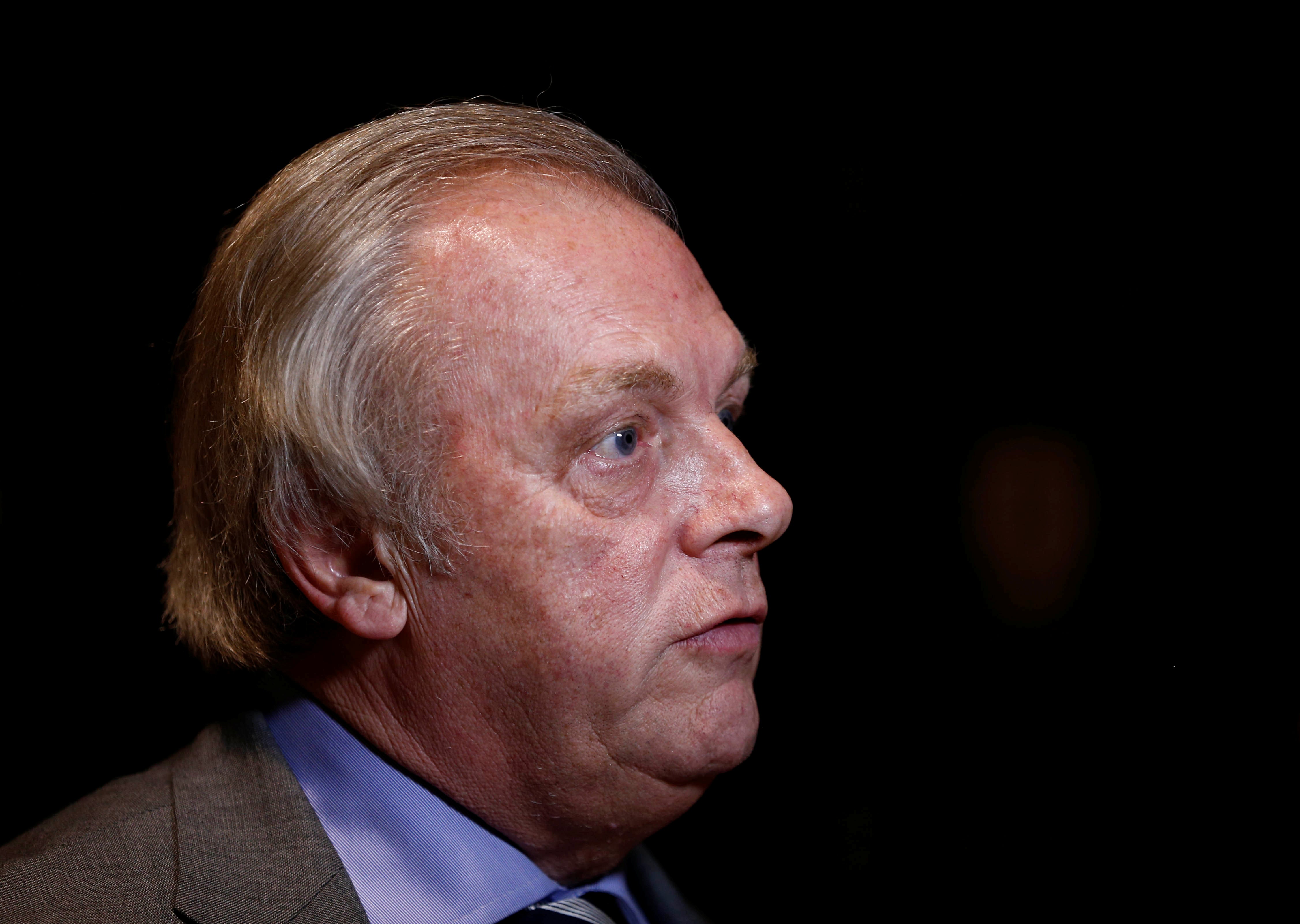Gordon Taylor’s long goodbye leaves increasingly irrelevant PFA in stasis
Outgoing chief executive of the players’ association was the right man for the right era, but that time ended long ago

Your support helps us to tell the story
From reproductive rights to climate change to Big Tech, The Independent is on the ground when the story is developing. Whether it's investigating the financials of Elon Musk's pro-Trump PAC or producing our latest documentary, 'The A Word', which shines a light on the American women fighting for reproductive rights, we know how important it is to parse out the facts from the messaging.
At such a critical moment in US history, we need reporters on the ground. Your donation allows us to keep sending journalists to speak to both sides of the story.
The Independent is trusted by Americans across the entire political spectrum. And unlike many other quality news outlets, we choose not to lock Americans out of our reporting and analysis with paywalls. We believe quality journalism should be available to everyone, paid for by those who can afford it.
Your support makes all the difference.Gordon Taylor was always going to leave on his own terms. When he announced he would stand down as chief executive of the Professional Footballers’ Association (PFA) 20 months ago, many people believed that a new era was imminent. It was foolish to think the 75-year-old would leave when it suited him.
His departure is long overdue. The Covid-19 pandemic exposed the paucity of leadership in football but the PFA has been the worst performing body in a gruesome bunch. The lack of leadership has been embarrassing. Matt Hancock, the health minister, targeted Premier League footballers early in the Coronavirus emergency. The players rose to the challenge and arranged a fund to support the NHS. Marcus Rashford has been at the forefront of a campaign to alleviate child hunger. The PFA? Sweet FA.
Taylor has held his position since 1981. It was always obvious he wanted to reach the 40-year mark and pass his 75th birthday. When he talked about stepping down in March last year he put in a series of conditions that would allow him to reach his landmark dates. An independent review of the PFA’s finances needed to be completed, followed by a search for his successor and then a transition period.
His office in Manchester is the throne room of a king. The riches of football history are piled high – literally. Some of the game’s most precious artifacts are strewn across the floor. Who would abdicate before they were ready?
READ MORE: Gordon Taylor to step down from PFA role
His reign has not been without merit. Taylor’s reputation as a negotiator is deserved. The PFA benefited massively from the chief executive’s bargaining skills. The former Bolton Wanderers winger was the right man at the right time. That era passed long ago.
The union’s lack of action around the issue of dementia – a condition that particularly affects Taylor’s contemporaries – has been damning. The families of those who have suffered from the brain disorder have complained about the lack of support from the PFA. The contrast between Taylor’s salary - £2.2m a year – and the relatively paltry amount the organisation contributed to dementia research is startling. The union has more than £40m in available funds and in the financial year ending in 2019 spent just £125,000 on investigating the impact of heading the ball on brain function.
The PFA’s record on racism is also troubling. Black players have, on a number of occasions, considered setting up their own union.
Allegations of child abuse by coaches rumbled around the game for two decades or more before Andy Woodward came forward to expose Barry Bennell but the union showed little interest. The PFA were not alone in ignoring the problem but that does not exonerate Taylor and his apparatchiks. Former players often complain about the paucity of post- career support.
Much of the problem stems from Taylor’s inability to delegate. Almost everything at the PFA had to go across the chief executive’s desk – a glass-topped table containing a mind-boggling collection of medals and memorabilia. Very little gets done without Taylor’s endorsement and he surrounded himself with former pros who he did not consider to be a threat. Anyone who showed signs of autonomy was despatched quickly.
At a time when the game is searching for direction, Taylor and the PFA have become tangential to the main power brokers. When the clubs asked players to take pay cuts in the late spring when the sport went on hiatus, they negotiated internally rather than approaching the union. The architects of Project Big Picture barely gave Taylor a second thought.
He will remain in place until the end of the season. That is another six months of wasted time. More than ever the PFA needs dynamic leadership. Stasis will remain uninterrupted until May.
Change is necessary but the pace remains frustratingly slow. By the time Taylor actually leaves, the PFA may have surrendered all its relevance.



Join our commenting forum
Join thought-provoking conversations, follow other Independent readers and see their replies
Comments